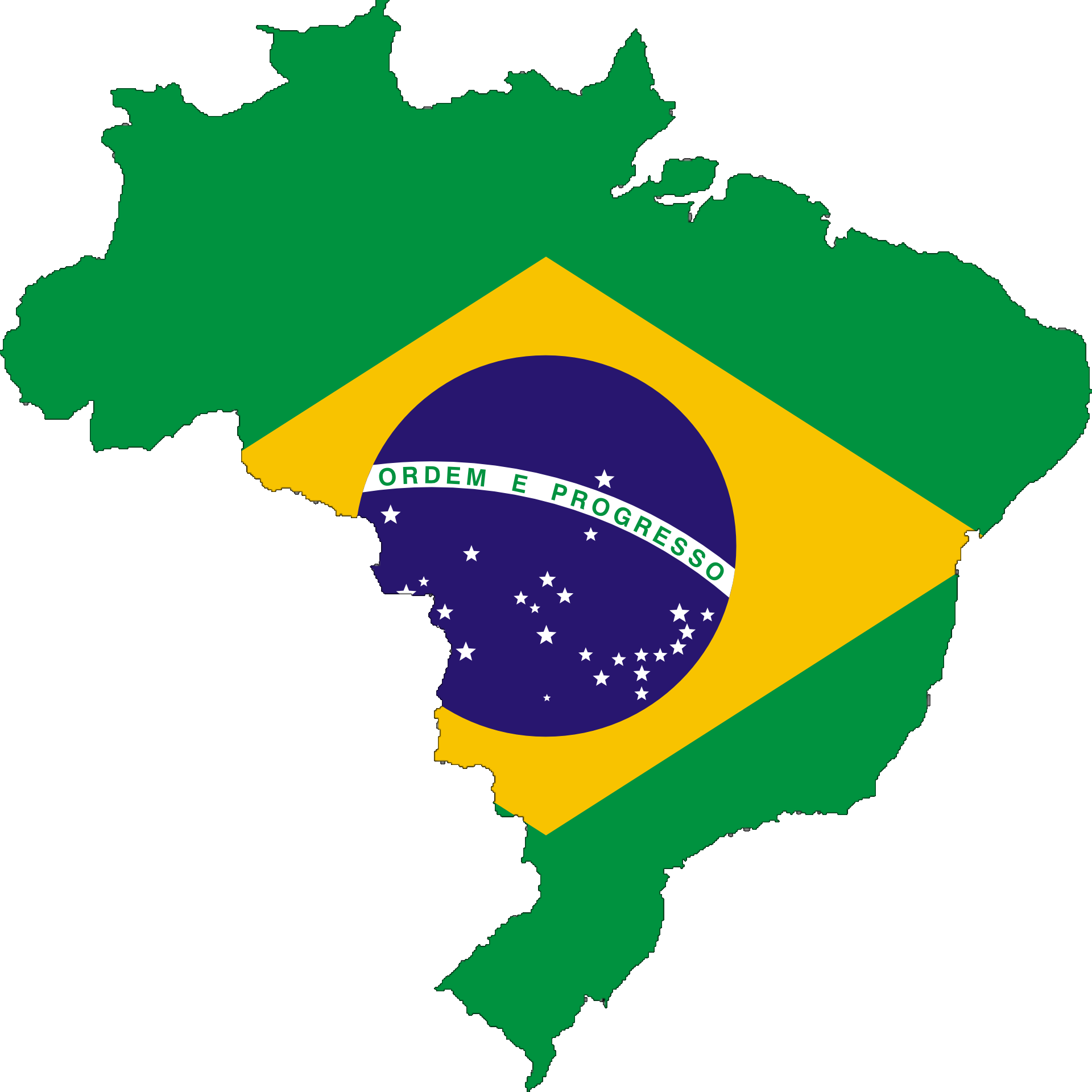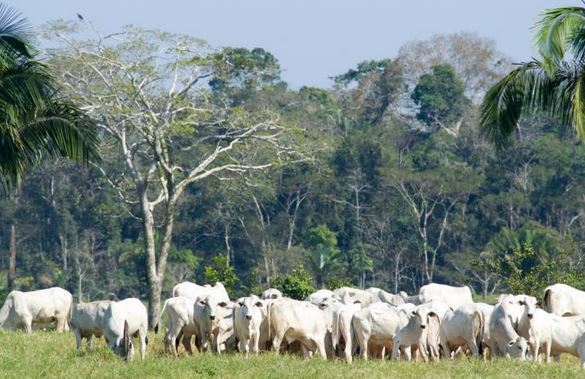



JBS Fund for the Amazon approves 6 new projects
The Fund for the Amazon has invested 50 million reais in six new projects that will provide incentives for production chains like cocoa, açaí, and pirarucu, as well as platforms for access to credit and business consulting that could raise family incomes by up to 144%.In the week of World Environment Day, the JBS Fund for the Amazon announces the first projects chosen to receive investments to promote actions in favor of forest conservation and preservation, improvements to the quality of life of the local communities and the scientific and technological development of the region. There will be six initiatives which, together, will receive R$ 50 million from the Fund constituted by JBS in September 2020, with an infusion of R$ 250 million in five years.
The objective of the Fund is to drive the promotion of actions for forest conservation and preservation and the sustainable development of the region. The organization analyzed more than 50 ideas for projects, including proposals received through the site or prospected by the team. Ten initiatives were invited to submit pre-projects that were analyzed by the Technical Committee consisting of 11 members nominated by research institutes and third-sector organizations. They are outstanding professionals in the fields of the environment and sustainable development, with extensive experience of the reality in the Amazon and who have already done significant work in the region.
“The projects that will receive the resources will develop the forest bioeconomy, helping to add value to its natural products and also contributing to environmental conservation and socioeconomic development”, says Joanita Maestri Karoleski, president of the JBS Fund for the Amazon. “One of our focuses was to support projects that recognize the value of those at the base of the forest chain, such as extractivist workers, indigenous people and other traditional communities that manage community business”, says Andrea Azevedo, the Fund’s director of programs and projects. The largest tropical forest on the planet is home to the world’s greatest biodiversity. There are over 5 million square kilometers of forests, covering nine Brazilian states, in a biome that is home to 20 million people.

Thanks to these actions that will be developed by the projects to be supported, forest areas will be conserved, restored and preserved, directly and indirectly, by developing new sustainable businesses. Also, from the environmental point of view, greenhouse gas emissions will be reduced by implementing new farming techniques and intensified livestock systems, while also avoiding deforestation. In addition, 30 bioeconomy start-ups will be created, while a further 20 community enterprises will be leveraged. In all, the projects should benefit around 16,000 families, through job creation, who will see their income rise by up to 144%. Also, the participation of women and young people in community businesses should increase by 30% in the wake of these initiatives.
Regenerative farming practices and the wealth of the bioeconomy
The first six initiatives chosen by the JBS Fund for the Amazon will take on an extensive range of activities within the biome. The implementation of agroforestry systems, which transform crop and livestock farming locations into areas that absorb carbon, will be implemented by adopting regenerative farming practices.
The pirarucu and açaí chains will be strengthened by investments in certifying production, adding value to processing and management training for the community businesses. The bioeconomy start-ups will receive investments and mentoring. The freeing up of credit for small farmers will be facilitated so they can receive technical assistance and access to financing that will enable their business to prosper by increasing production without knocking down the forest. Also included is joint development with Embrapa of research and technologies to enhance the value of forest products such as açaí, cocoa, manioc, nuts, fruits and fish.



